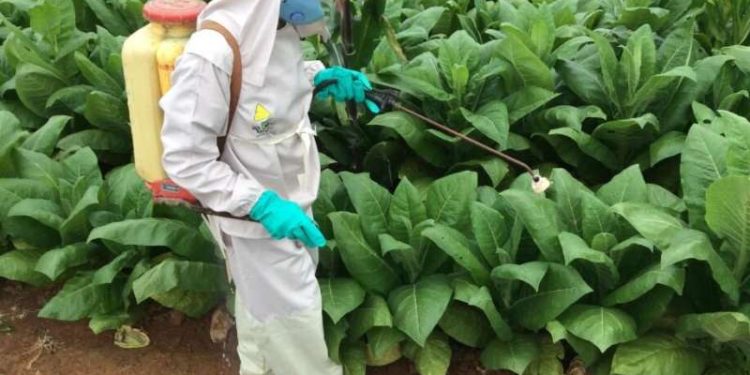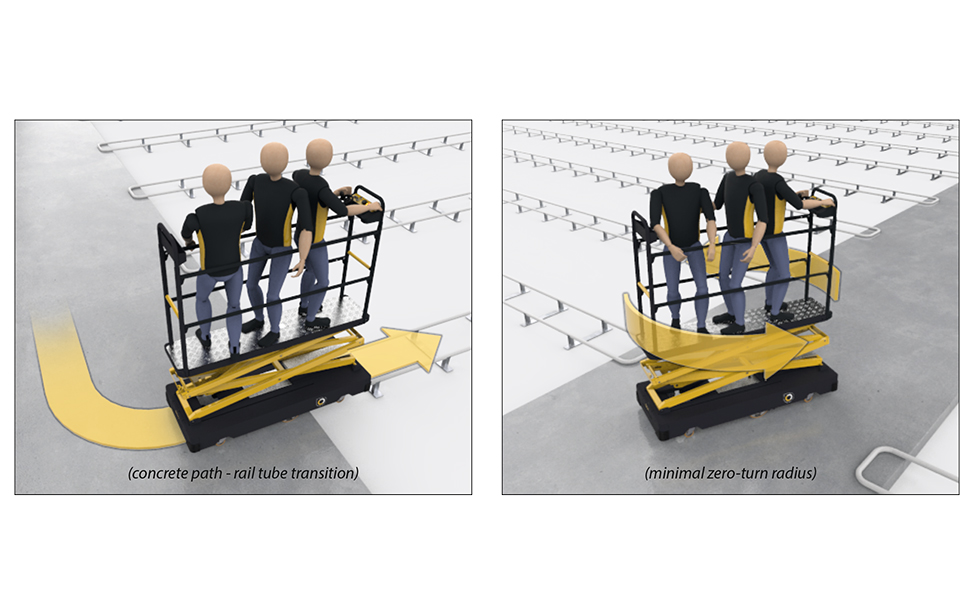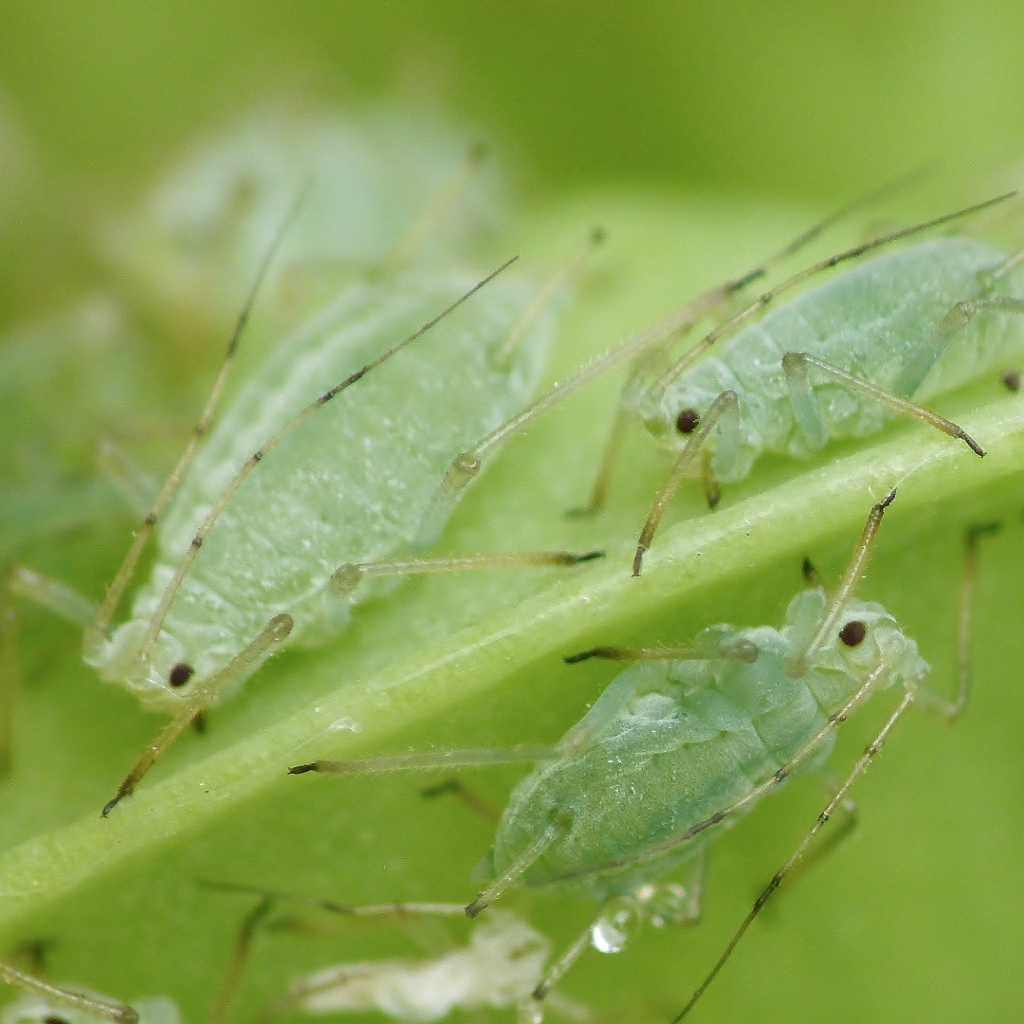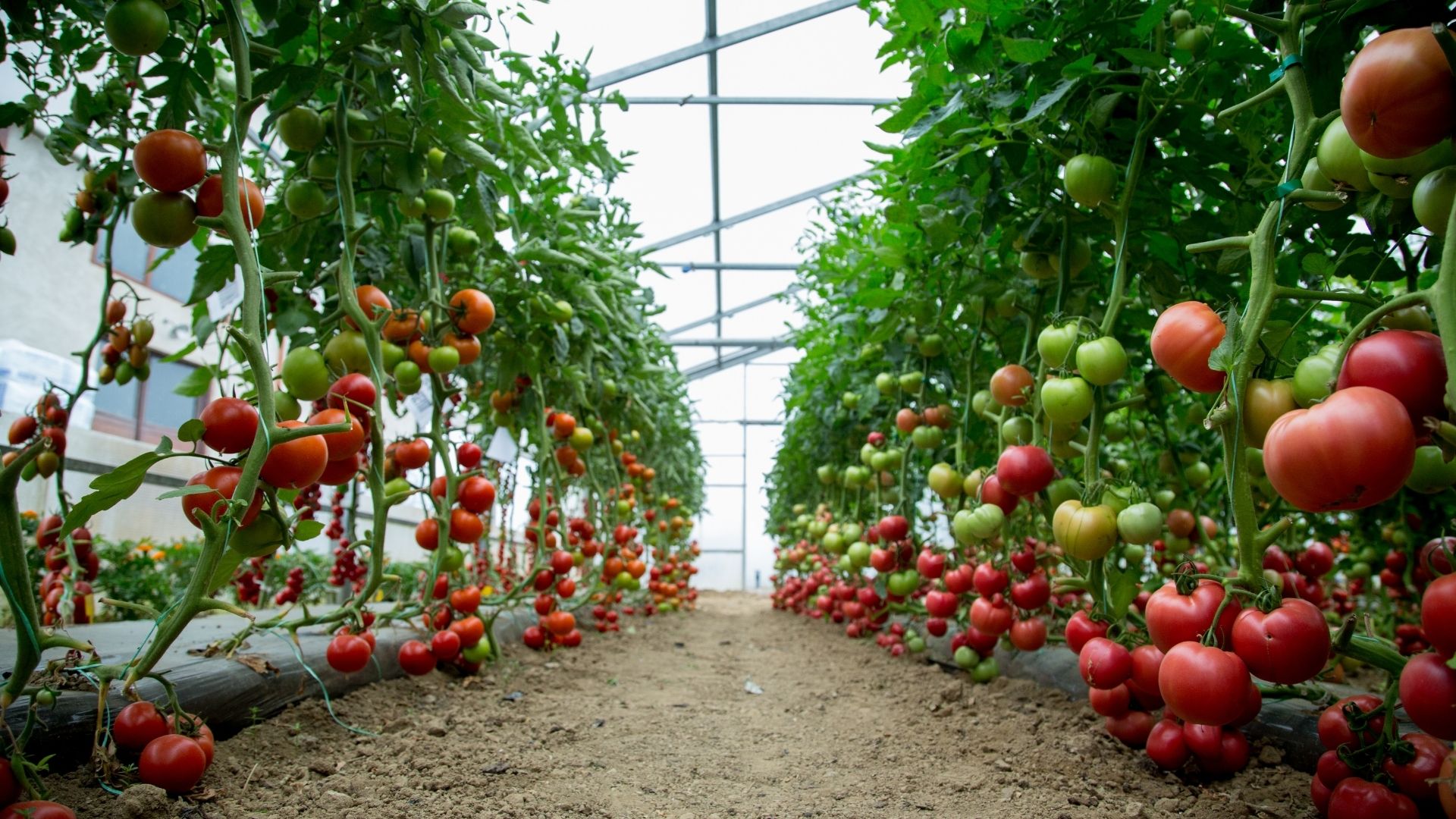Ongororo itsva yakaitwa neCABI yakaona kuti mishandirapamwe yeruzhinji ine chinangwa chekuchinja kushandiswa kwemishonga yekurwisa tumbuyu nezvirwere zvegoho inoshanda zvakanyanya kana varimi vakasangana nenzira dzakawanda dzekutaurirana.
Masayendisiti eCABI akabatana nevamwe vaanoshanda navo kubva kuRwanda Agriculture and Animal Resources Department Board (RAB) kuti vadzidze mhedzisiro yeruzhinji media mishandirapamwe pakushandiswa kwemishonga yezvipembenene pakati. varimi vadiki muRwanda neUganda.
Vakaona kuti mishandirapamwe inovandudza ruzivo rwevarimi nezvenjodzi dzemishonga yezvipembenene uye kuchengetedza zviyero, kusimudzira kutorwa kwemishonga inodzivirira nharaunda kune inogadzirwa nemishonga yezvipembenene uye kuwedzera kushandiswa kwemidziyo yekuzvidzivirira.
Dr. Justice Tambo, mutungamiri wemunyori pabepa rakatsikiswa mu Journal of Rural Studies, yakataura kuti kuchinja kwemaitiro maererano nekushandiswa kwemishonga inouraya zvipembenene kunonyanya kuoneka kana varimi vachiwana ruzivo rwakasiyana-siyana.
Aya ma media media chiteshi anosanganisira inodyidzana redhiyo, masangano ezvehutano ekudyara, nharembozha yeSMS uye kutariswa kwevhidhiyo.
MuRwanda, semuenzaniso, mukana wekutora maitiro akawanda eIntegrated Pest Management (IPM) wakawedzera neinosvika 19%, 38% uye 50% apo ruzivo rwunogamuchirwa kuburikidza neRadio chete, Radio neSMS neRadio, SMS nePublic Health Rallies, zvichiteerana.
Dr. Tambo vakati, “Tinoona kuti mishandirapamwe yevazhinji inodyidzana zvikuru nekuvandudzwa kweruzivo rwevarimi nezvenjodzi dzemishonga yezvipembenene. kuchengetedza kuchengetedzwa. "
“Kunyange hazvo mishandirapamwe ichiita seisina kukurudzira kushandiswa kwemishonga inouraya zvipembenene, inonyanyobatanidzwa nekuwedzera kutorwa kwedzimwe nzira dzakachengeteka dzemishonga yezvipembenene, kusanganisira inogoneka. integrated pest management maitiro.”
Dr. Tambo akawedzera kuti mishandirapamwe iyi yakabatana zvakanyanya nekuwedzera kwekushandiswa kwemidziyo yekudzivirira kurwisa mishonga yezvipembenene munyika mbiri uye kuderedzwa kwezvirwere zvine chekuita nemishonga muRwanda.
Kukurudzira kuchengeteka kushandiswa kwezvipembenene pakati pemhuri dzemapurazi muRwanda neUganda, CABI yakabatana neRAB neUganda Bazi rezvekurima, Animal Industries and Fisheries (MAAIF) nevamwe vakati wandei vemuno vakaita mishandirapamwe yeruzivo munzvimbo dzinorimwa chibage chenyika mbiri idzi sechikamu cheCABI inotungamirwa neCABI. Plantwise purogiramu.
Nzira dzakashandiswa dzaive redhiyo, mafoni eSMS uye maPHR muRwanda; uye redhiyo, nharembozha yeSMS uye vhidhiyo kutariswa muUganda. The kambeyini mameseji akaendeswa mumitauro yeKinyarwanda neRunyoro yeRwanda neUganda, zvichiteerana.
Redhiyo ndiyo yaive yakanyanya kufarirwa ruzivo rwemishonga yezvipembenene munyika mbiri idzi, kunyanya muUganda.
Dr. Tambo vakati, “Kuwanda kweICTs munyika dzichiri kusimukira kunokwanisa kupa mukana wekufambiswa kwemashoko kuvarimi vakasiyana-siyana kuburikidza nemishandirapamwe inofambiswa nenhepfenyuro, zvichifambirana nekuedza kwenzira dzechinyakare dzekupanana ruzivo.
"Zvatinowana zvinoratidzawo zvimwe zviito zvinodiwa kuvandudza maitiro ekuchengetedza mishonga munyika dzekudzidza kunze kwekupindira kweruzivo."
“Semuenzaniso, kupihwa kuwedzera kushandiswa kwechepfu mishonga yezvipembenene pasina kana nemidziyo yekudzivirira shoma, kuedza kwemutemo kunodiwa kuwedzera kuwanikwa uye kushandiswa kwemishonga ine njodzi yakaderera senge biopesticides, pamwe nekusimudzirwa kwekushandiswa kwePPE kuderedza njodzi yekufumurwa kwezvipembenene. "
"Kuedza kwakadai kunogona kusanganisira kuvandudza kunyoreswa kwezvigadzirwa zvebiopesticide uye kupa rubatsiro rwekusimudzira kurerwa kwevana, sezvakaburitswa netsvakiridzo yapfuura."
Masayendisiti akawanawo kuti kugashira ruzivo rwekuchengetedza mishonga yezvipembenene kwakabatana zvakanyanya neinenge 20% yepamusoro mukana wekushandisa zvinhu zvakawanda zvePPE uchipfapfaidza mishonga yekuuraya zvipembenene munyika mbiri idzi.
Pamusoro pezvo, vatsvakurudzi vanotaura kuti varimi vadiki muRwanda vakagamuchira zano rekuchengetedza vange vaine mukana wakaderera ne48% pane vamwe vavo vasiri kugamuchira chiratidzo cheutano chine chekuita nemishonga.
Dr. Tambo vakawedzera kuti chidzidzo ichi chinobatsira pachinangwa chekudzikisa njodzi yechirongwa chePlantwisePlus icho chine chinangwa chekudzikisa kuvimba nezviwanikwa zvekurima zvine njodzi zvakanyanya pautano hwevanhu uye zvipenyu zvakasiyana-siyana. Imwe bhenefiti ndeyekushanda kuzadzisa kudiwa kwechikafu chakachengetedzeka uye chinogadzirwa munharaunda.













